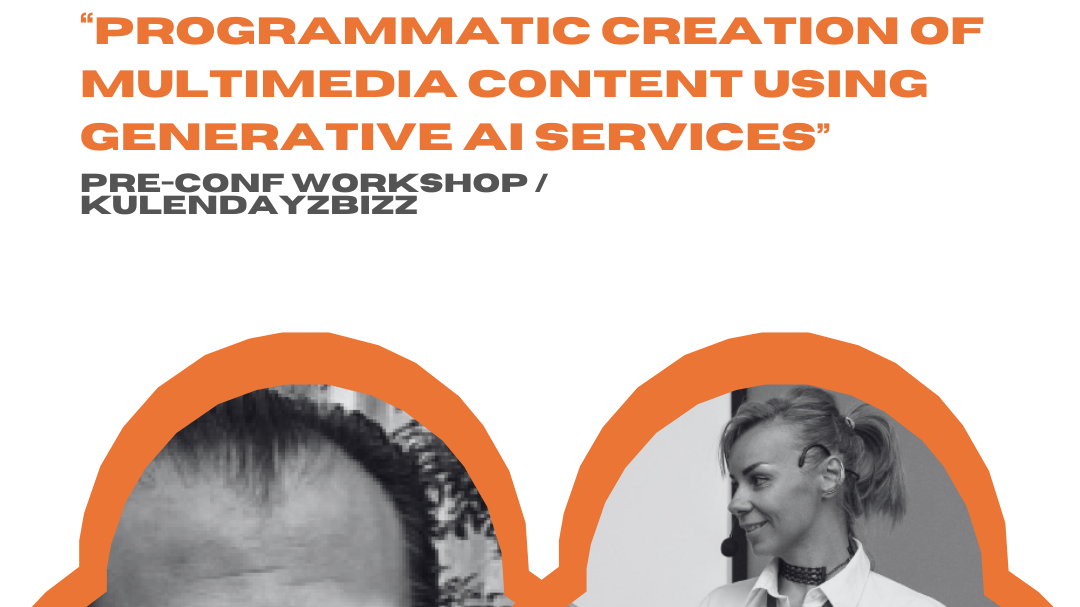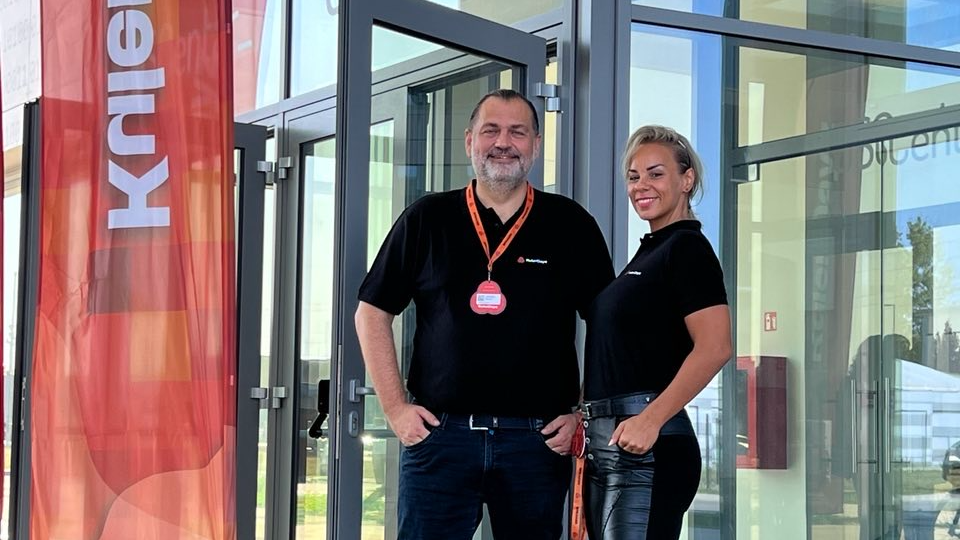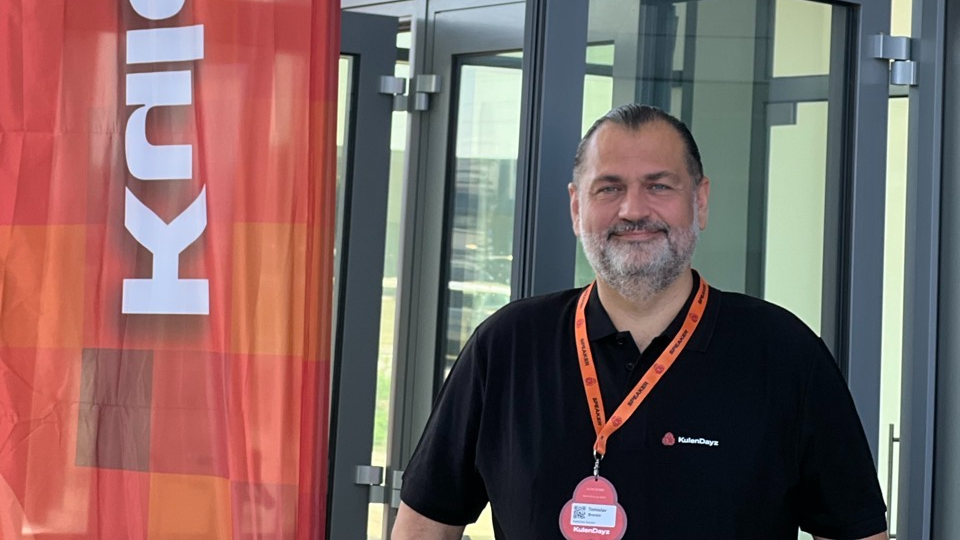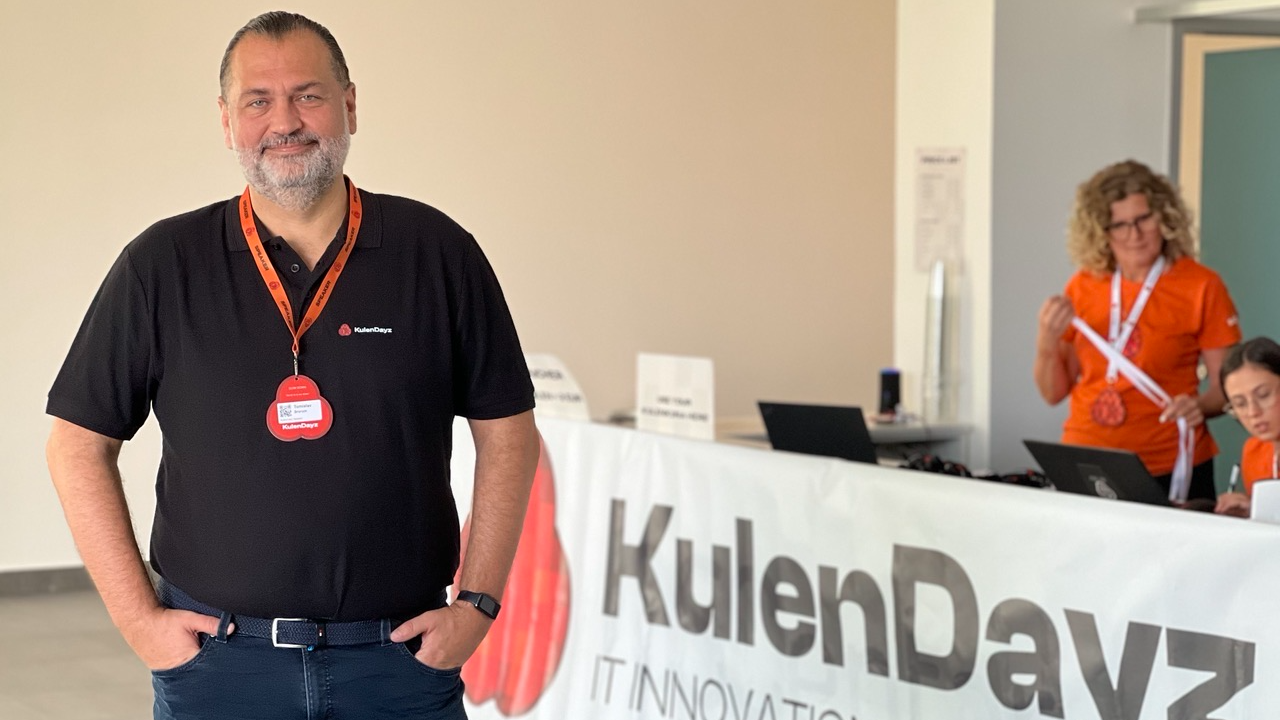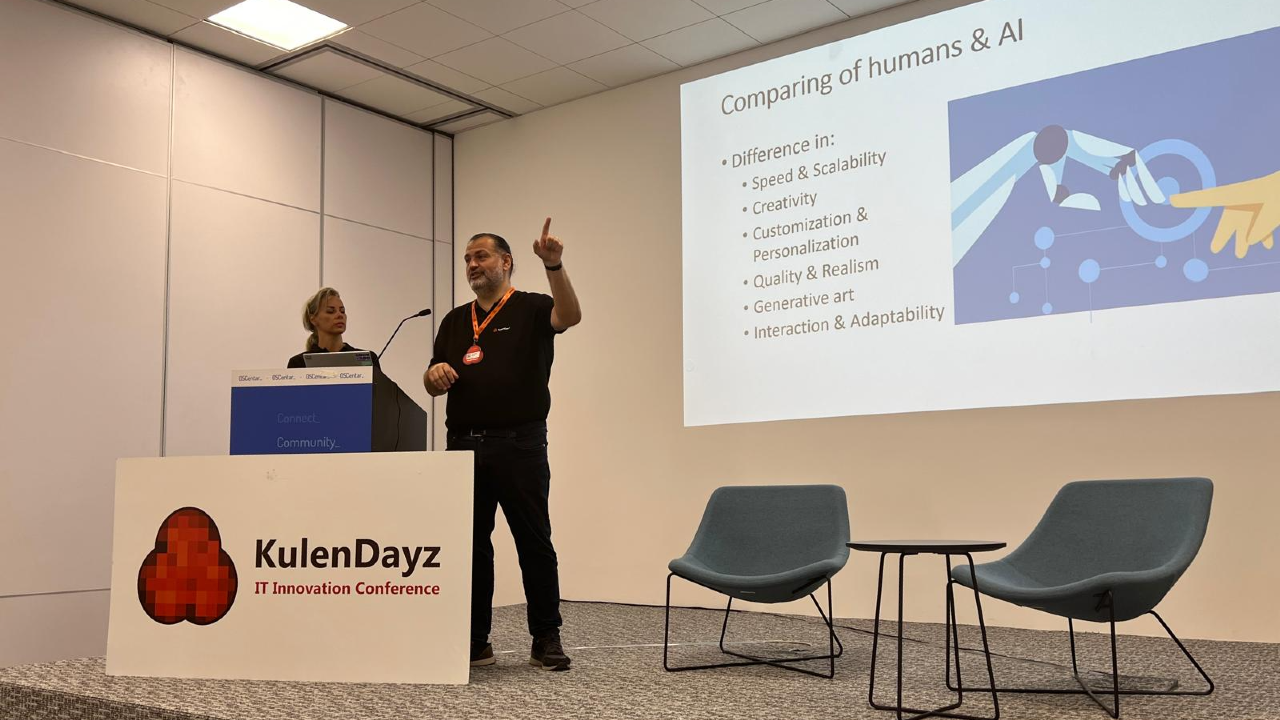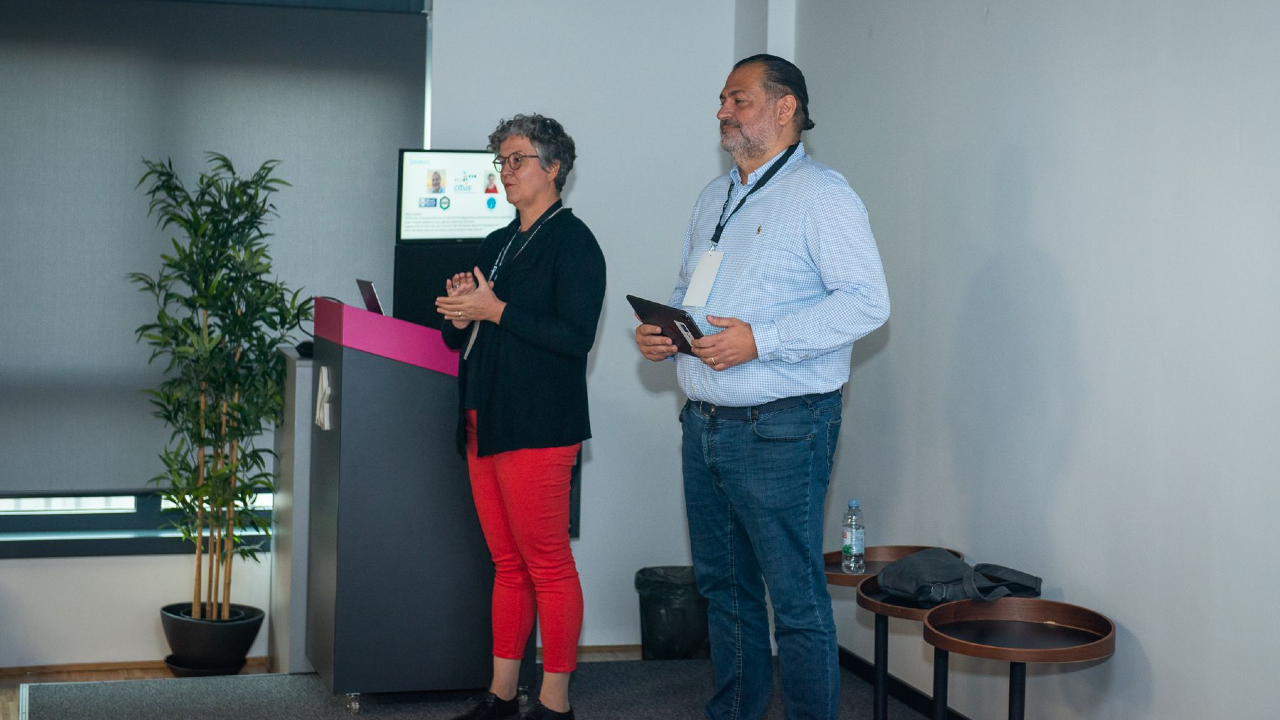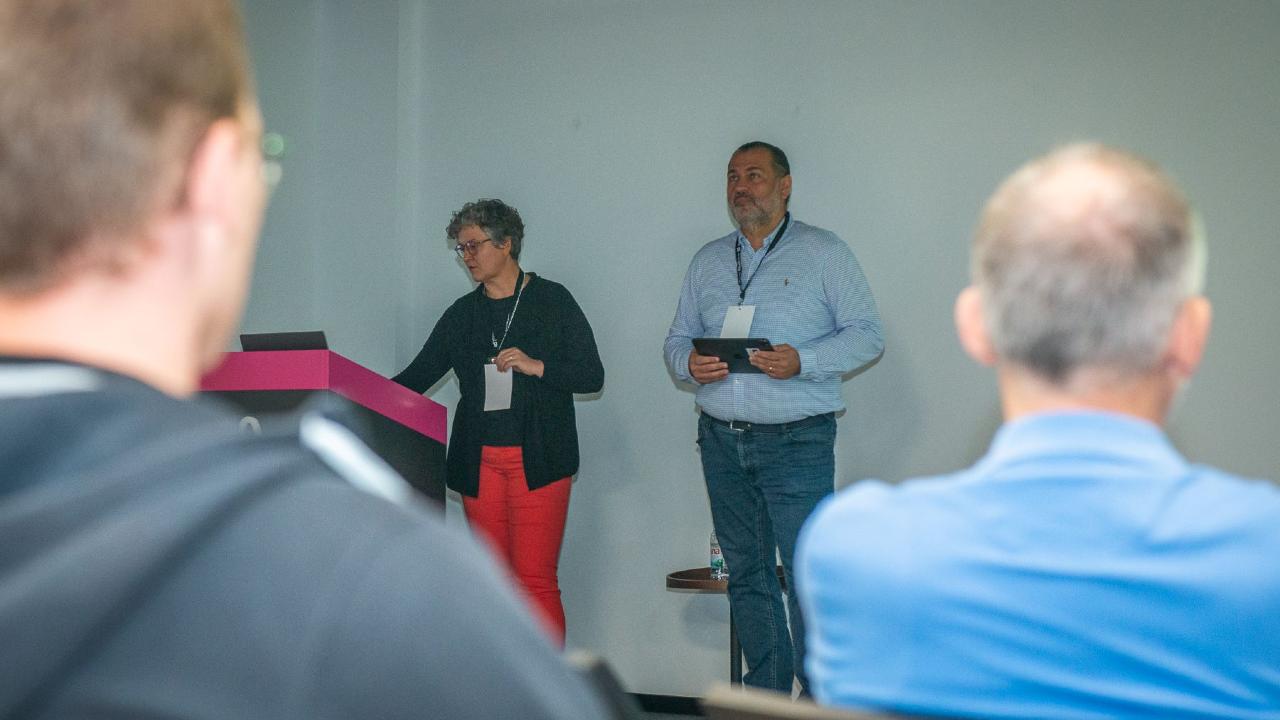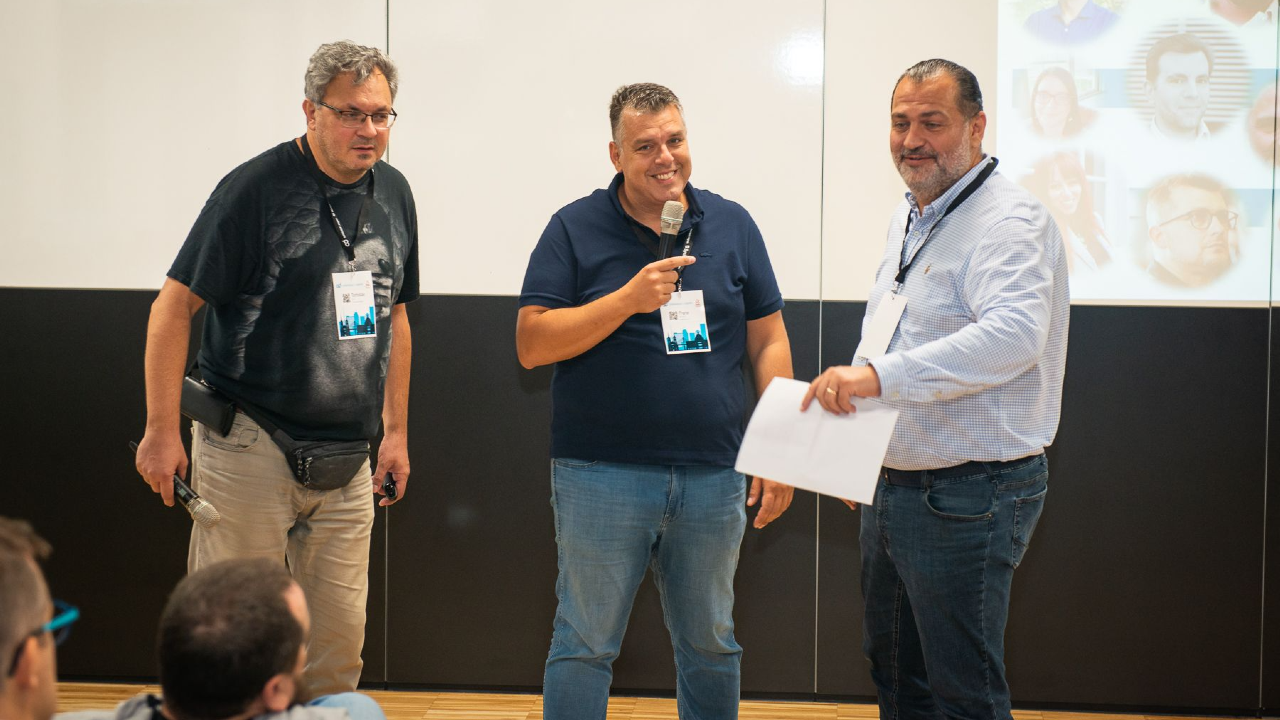Session Abstract
The process of replacing developers' work has already begun. Still, some key questions are emerging: where are we now, how fast will this continue, and will the entire development eventually be done by AI? What does software development consist of? Which parts are more likely to be done by AI, and which parts will still be intensely dependent on humans? What levels of AI automation can we expect for which types of applications? Which skills in the development process will AI replace, and which will become even more important for humans? Is the future of development in a conversation between humans and AI that results in enterprise-grade code? We will explore how well today's tools assist developers in developing part or all of a software solution, what to expect in the next decade, and what future developers will look like.
Note to event organizers
Curiosity to look into the future of programmers, testers, development team leaders, and internal IT departments for software development.
Tomislav Bronzin
Tomislav Bronzin is a Microsoft Regional Director & Microsoft Most Valuable Professional Alumni and founder of CITUS, a Microsoft partner company specializing in software development, consulting, and training. He leads the CITUS Team and manages projects focused on digital transformation and cybersecurity with a focus on AI, Microsoft 365, Power Platform, and Azure. Tomislav is a trainer and speaker at many conferences, including Sinergija, Network Konferencija, NT Konferenca, KulenDayz, Modern Workplace Conference France, Global XR Conference, Global Azure Bootcamp, Global Power Platform Bootcamp, and Init Conference. He is a Senior Lecturer at the Algebra Bernays University, where he teaches five courses. He is one of the founders of the MS Community in Croatia and serves as Vice President of the Croatian Chamber of Economy IT Association. He is also an entrepreneur and innovator who (with his team) has won over 117 international awards for his IT invention, 6 patents, and many other recognitions. Tomislav has led the CITUS team in developing several innovative software products based on their proprietary innovations in mixed reality, artificial intelligence, big data, and cloud computing.
Tomislav can deliver sessions in
Tomislav speaks about
Relevant industries
Connect with Tomislav
